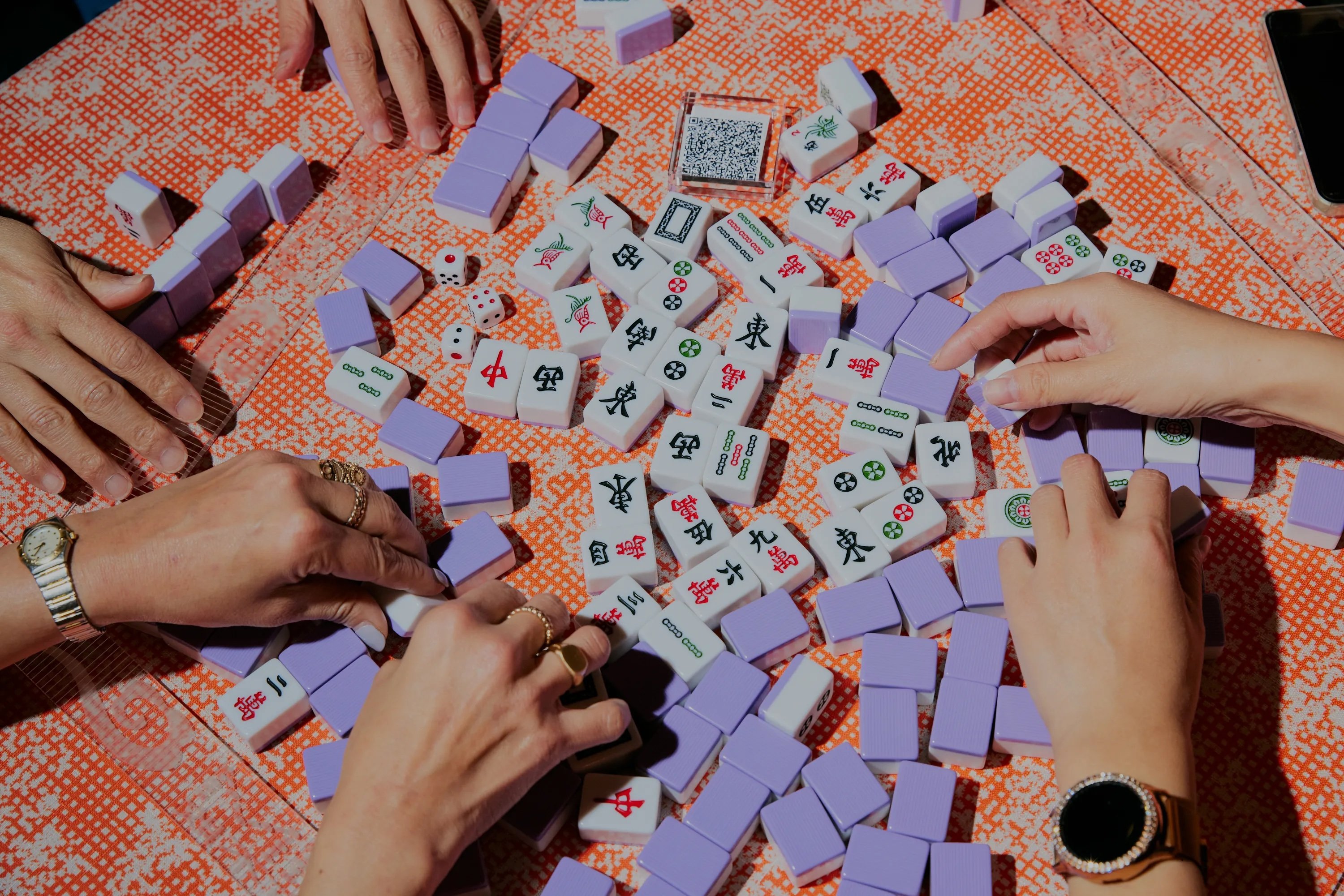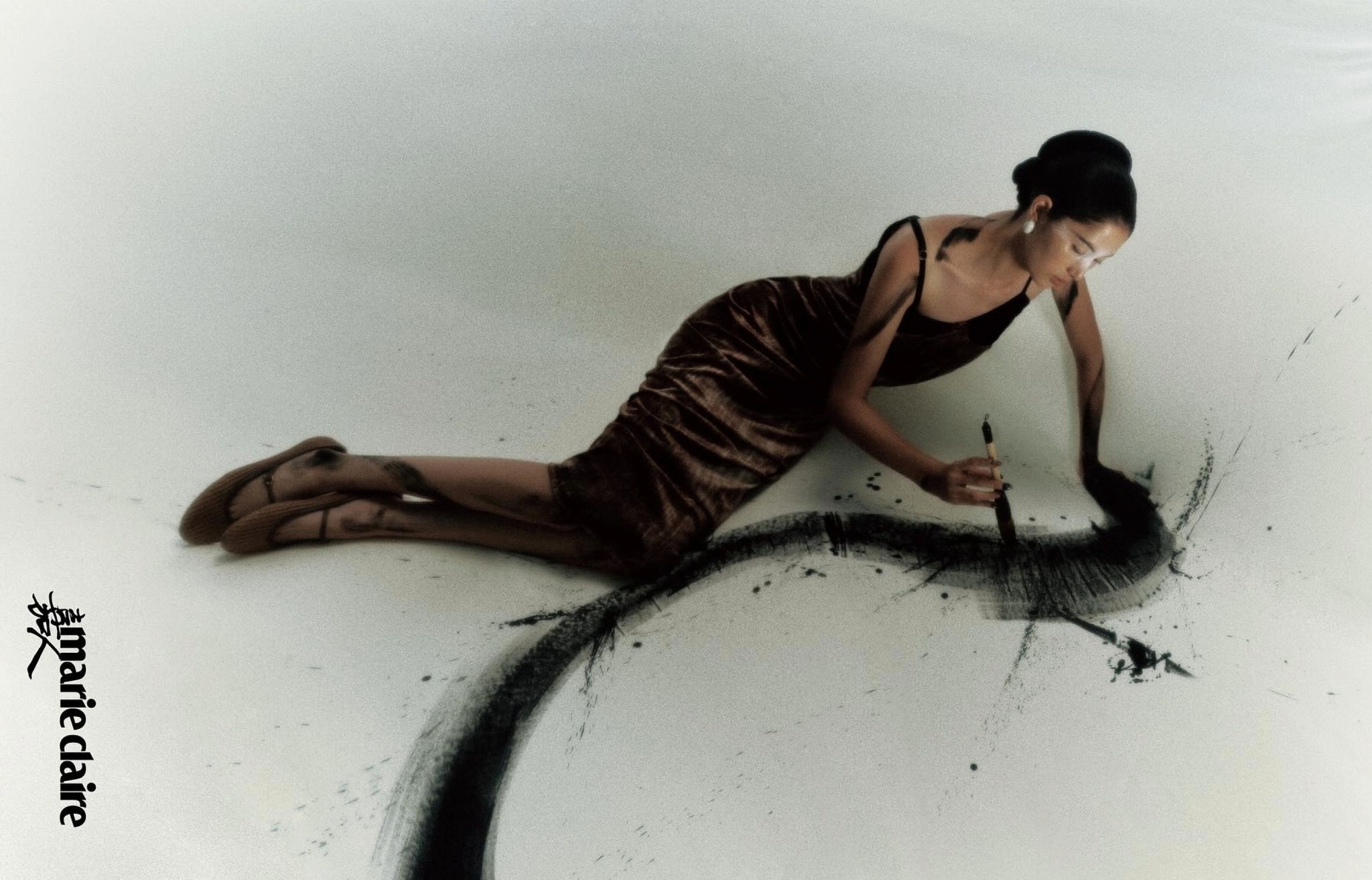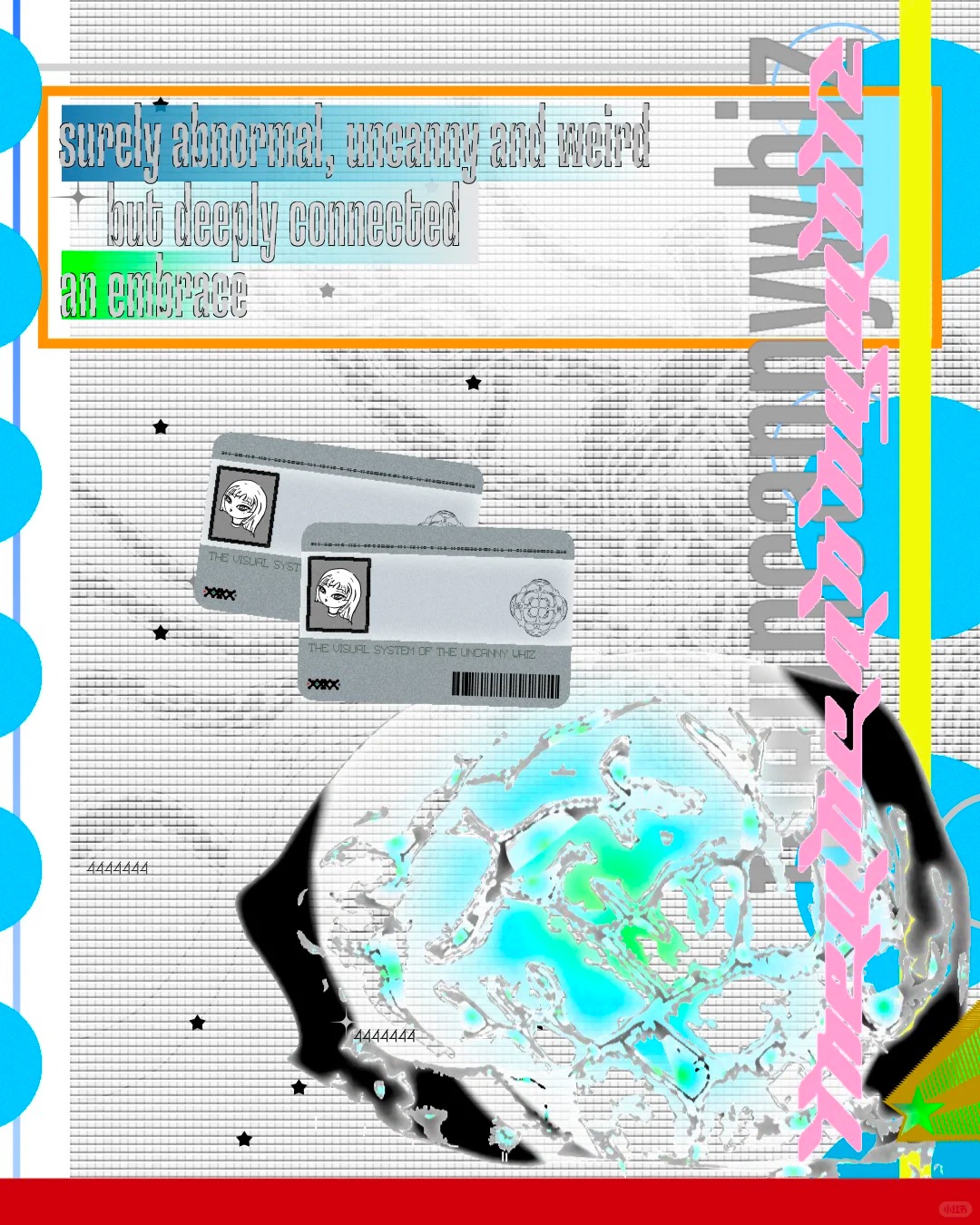The global Xpiritualism movement, a mesmerizing blend of New Age mysticism, deep internet nostalgia, and striking digital surrealism, has officially found its captivating Chinese reincarnation. This collage-heavy aesthetic, once a niche online phenomenon, is now exploding on platforms like Xiaohongshu, where local creators are remixing it with an unmistakably Chinese energy. For those new to the term Xpiritualism, it’s “an internet-based aesthetic and cultural movement that blends old internet culture, esotericism, and New Age spirituality with digital collage and art,” according to the ever-wise Google.
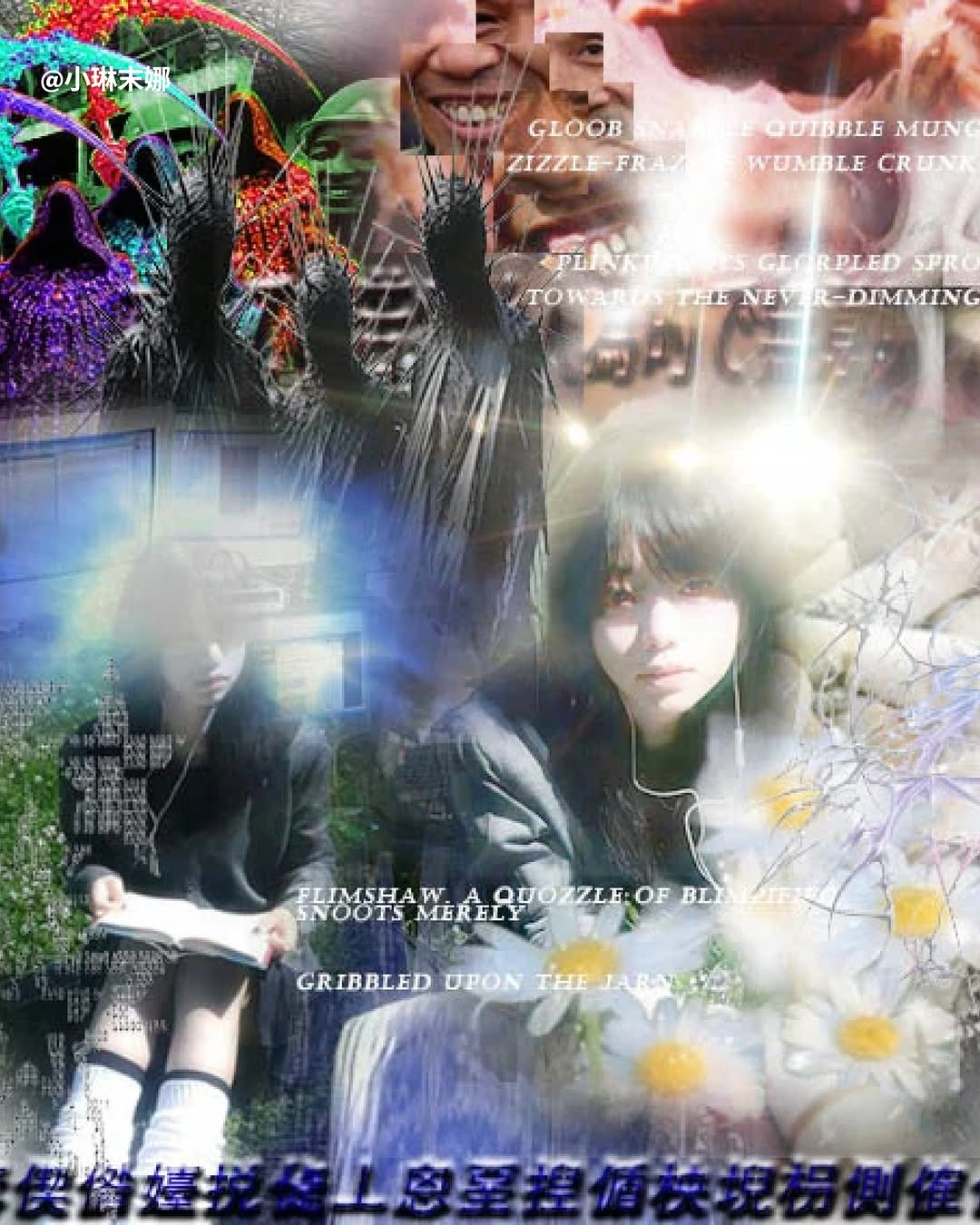
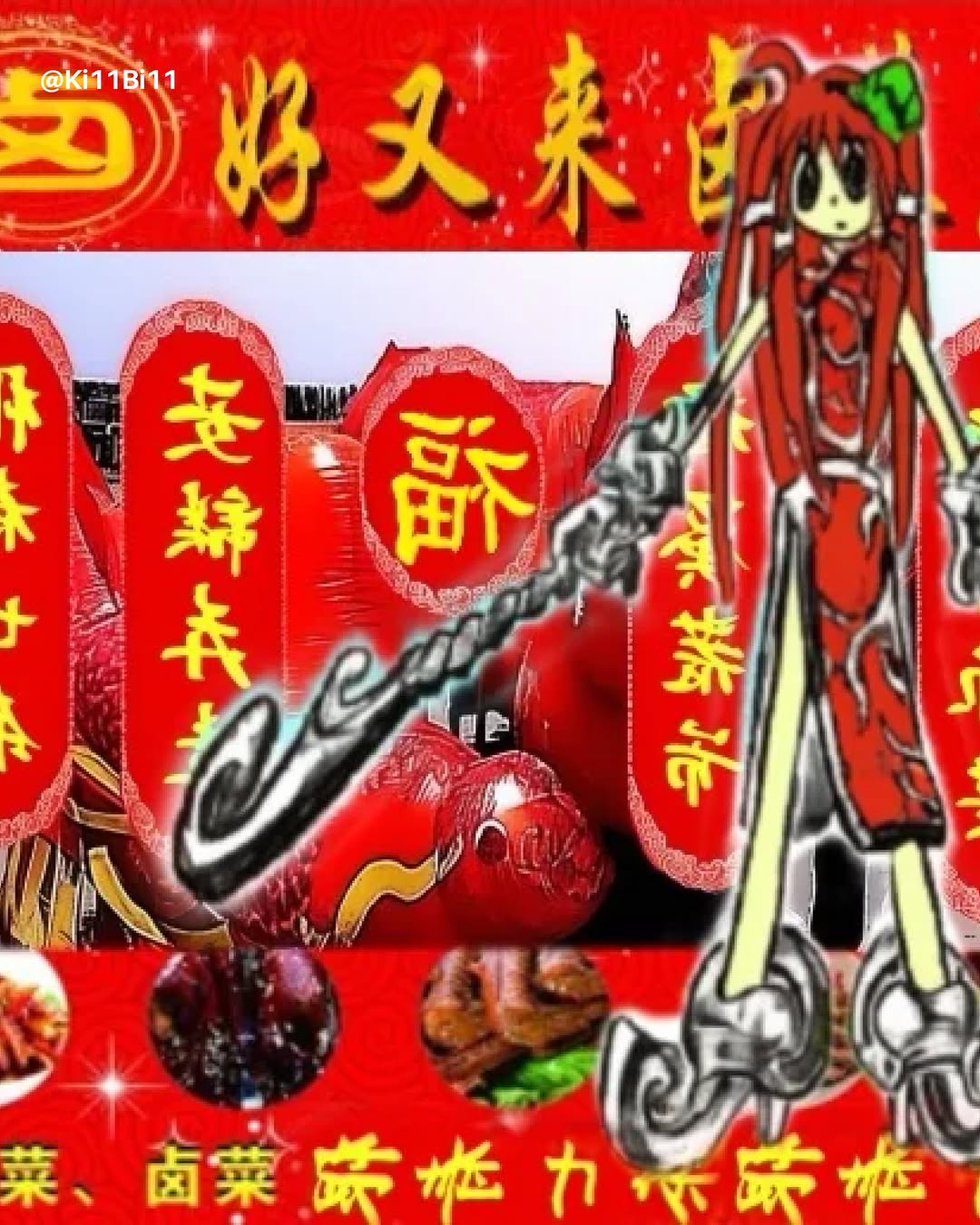
Imagine the sacred chaos of Journey to the West colliding with the pixelated charm of 2000s Chinese TV shows. Picture bootleg game graphics intertwining with the vibrant glow of old-school restaurant signs, all swirling together in a truly divine digital tapestry; it’s a cultural metamorphosis. While global Xpiritualism might feel like a meditation app experiencing a mid-download glitch, China’s iteration offers something far more rooted and resonant.
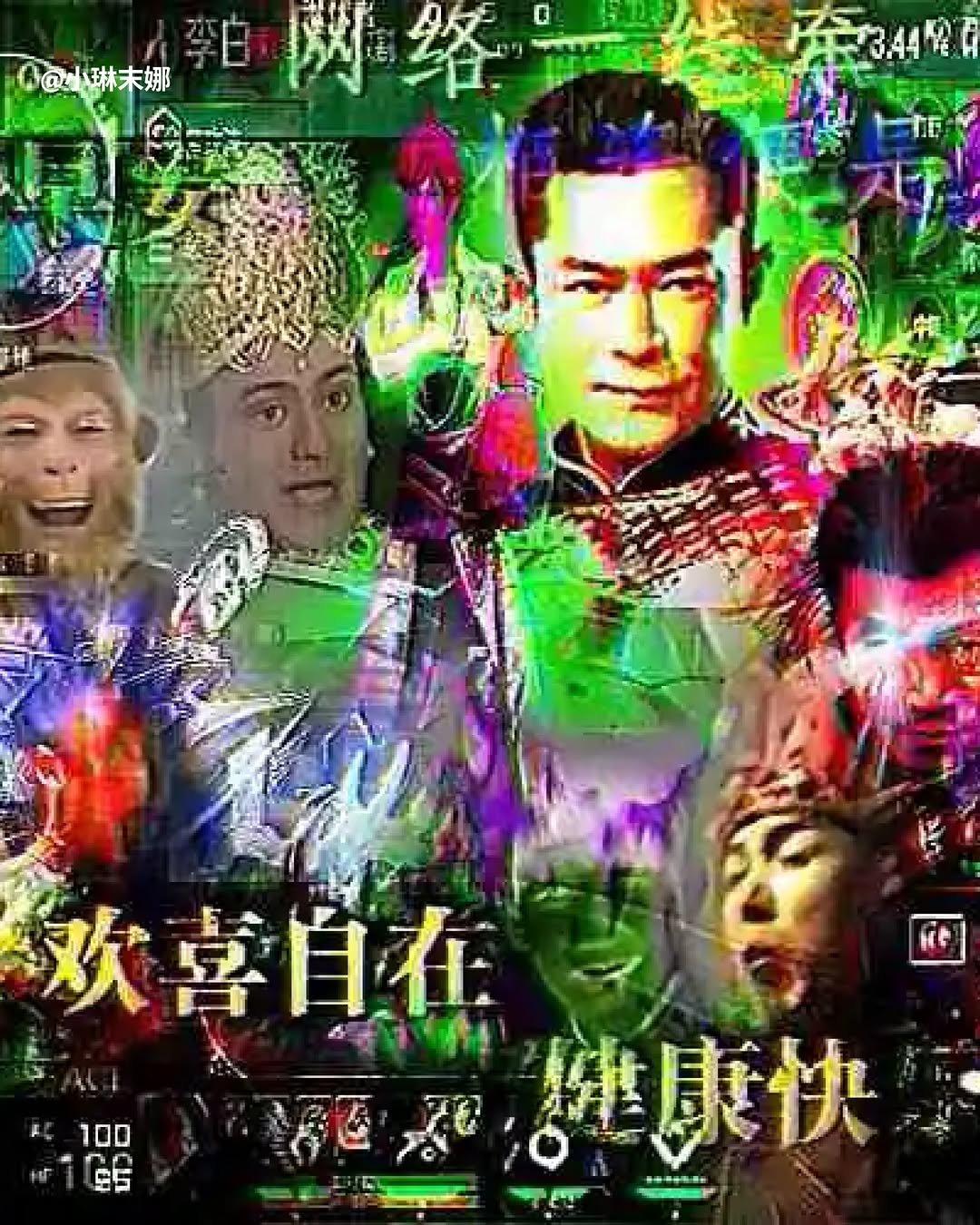
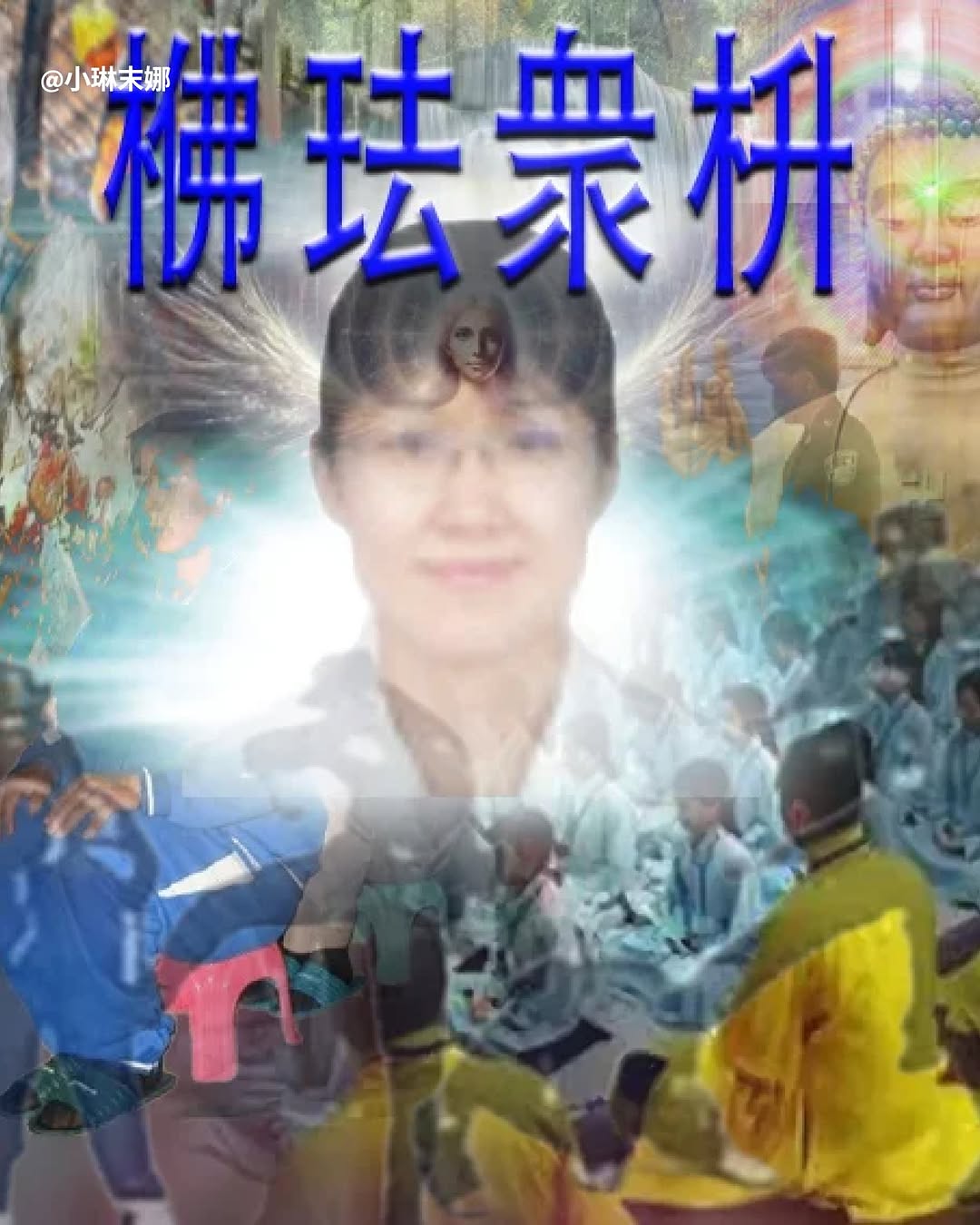
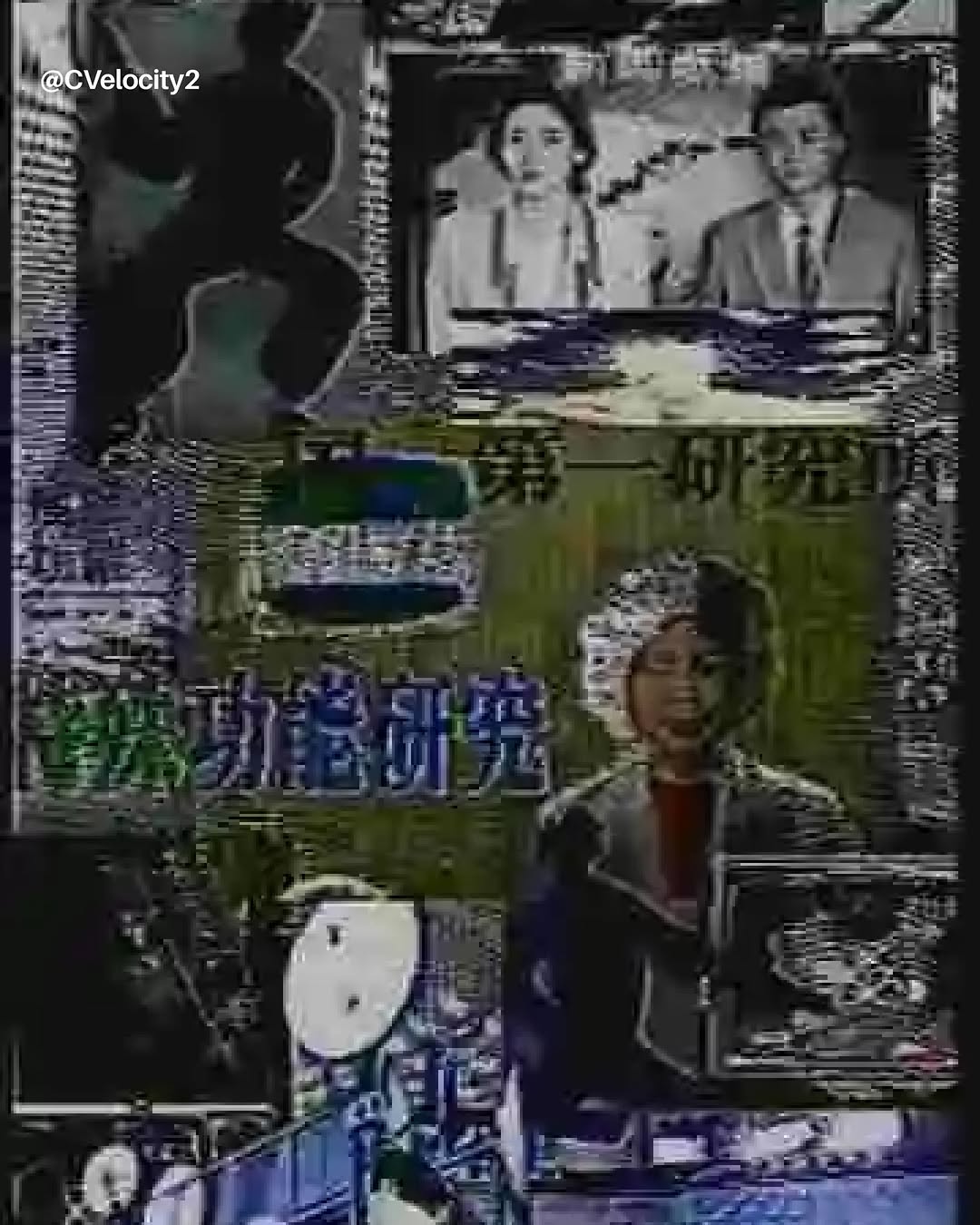
It feels less like a bug and more like a fully fledged cyber temple, constructed from the forgotten corners of Baidu forums and the beloved avatars of QQ. This distinct Chinese flavour is deeply nostalgic, yet inherently uncanny. It’s spiritual, but with a knowing wink and a playful tongue-in-cheek humour that defines a new kind of “post-Internet Taoism.” Here, the often rigid boundaries between a fleeting meme and a profound mystic experience don’t just blur—they completely dissolve, creating a unique digital spirituality for the modern age.
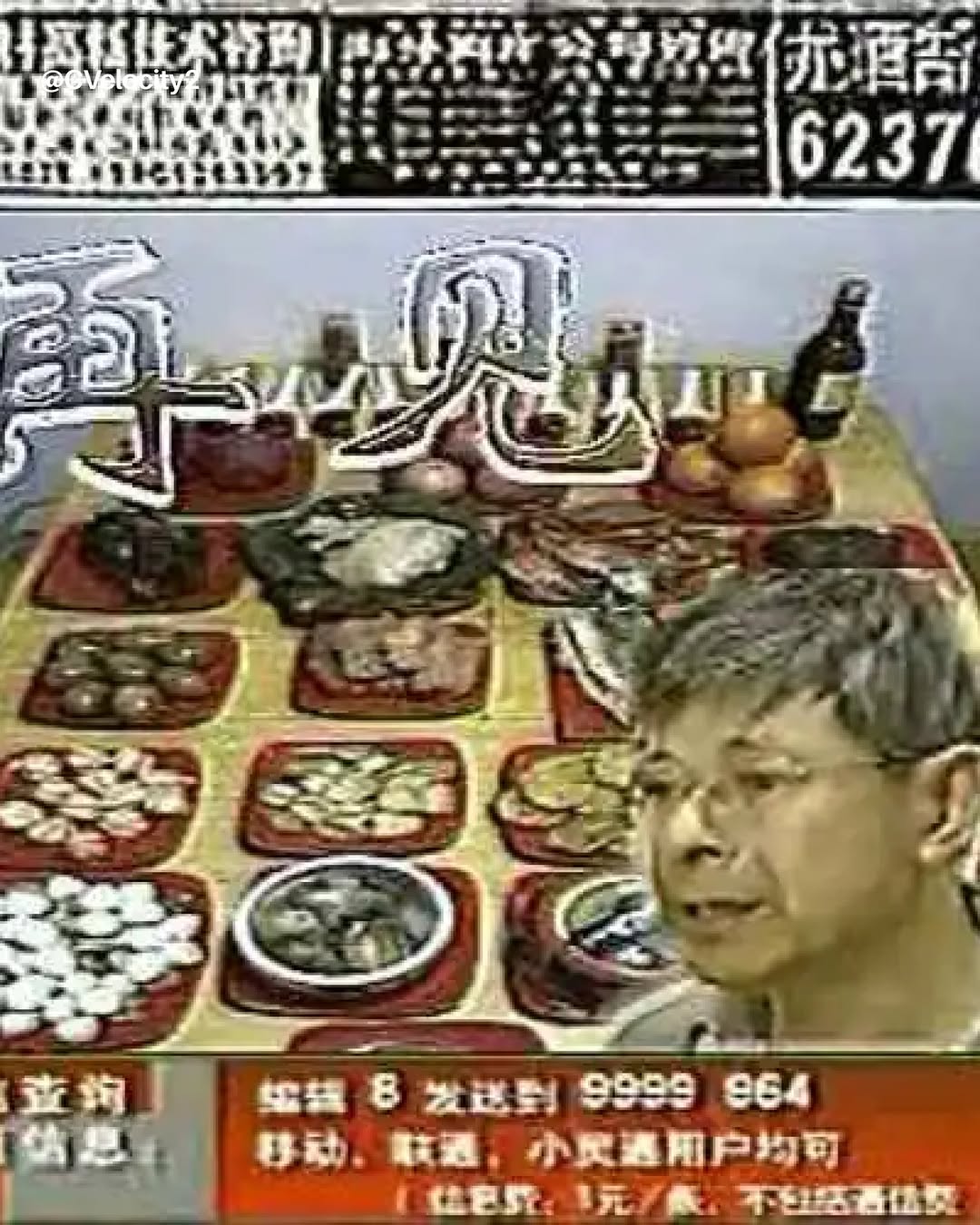
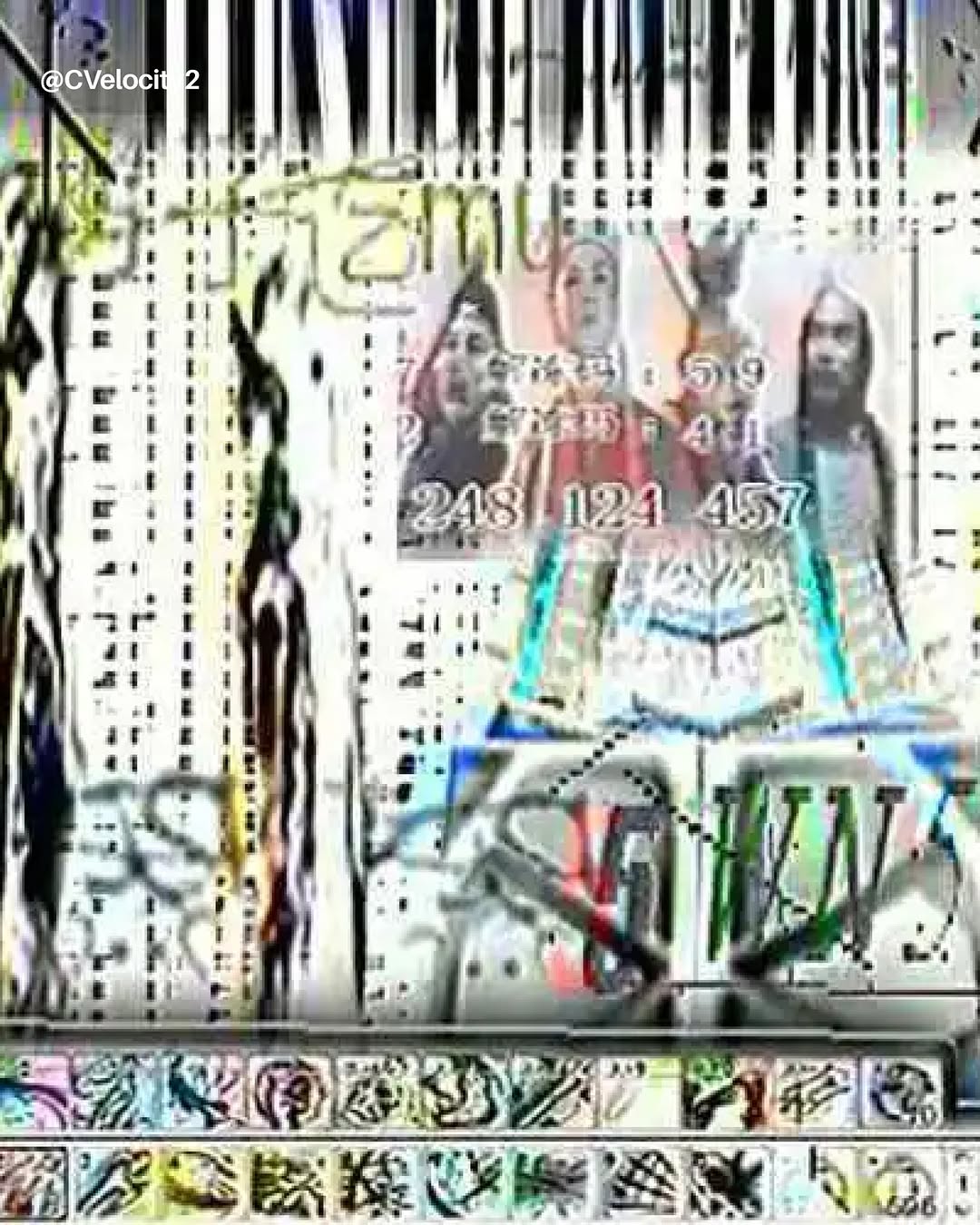
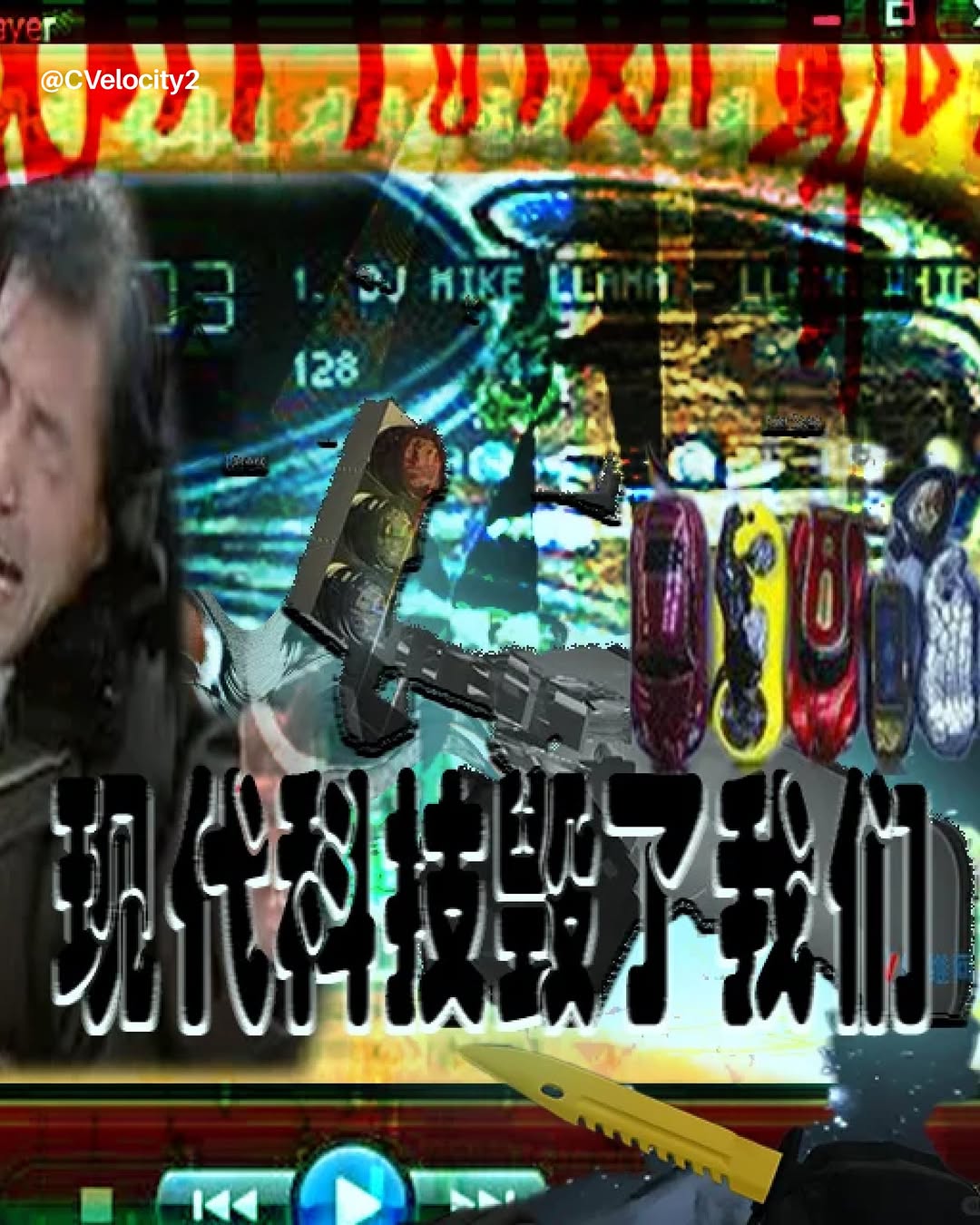
All images via Xiaohongshu.



